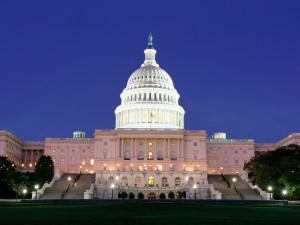The Dept. of English just got a solicitation from a new summer publishing program, this one at the University of Southern California and co-sponsored by the LA Review of Books:
We are excited to announce … a new summer publishing program that is designed to provide an immersive, five-week training for students interested in digital and print publishing. The new program, the Los Angeles Review of Books / USC Publishing Workshop, will have its inaugural session this summer beginning June 26.
The program will be hosted on the USC campus and is open to rising Juniors, Seniors, and postgraduates from any college or university, nationally and internationally, who are interested in a career in publishing.
The Los Angeles Review of Books / USC Publishing Workshop distinguishes itself from more traditional publishing courses by emphasizing real-world experience: students will create a print magazine or website, or develop a business plan for a new publishing enterprise ready either for direct funding or for research and development funding. Industry experts will advise students about every aspect of digital and print publishing, from editing to layout, coding to graphic design.
Sounds pretty good. But. The letter goes on to direct the reader to a website (www.thepublishingworkshop.com) for details. You have to click a tab within the website to get to the catch: the cost. The program alone costs $5K; housing is an additional 1.8K – 2.2K. There are also details about the optional meal plan (only a few meals are included with tuition) and parking ($12/day — no weekly discount available).
That price tag is not unusual for summer publishing programs, which tend to be located in expensive urban centers where the active publishing professionals you want to learn from and network with already live. Here’s a list of some of the most well-known similar programs. Some are graduate programs (which the USC/LARB program is not), but most offer shorter summer courses of study.
Are they worth it, for those in a position to pay that kind of money?
The question gets asked frequently, and the answer is by no means obvious. Some point out that these programs involve paying for information and contact that one could obtain for free through assiduous networking, research, and informational interviewing. Others suggest that the critical mass of knowledge, practice, and contacts that these programs bring together is well worth the return on investment.


 will start getting announcements of internship openings. You’ll get even more once you officially apply.
will start getting announcements of internship openings. You’ll get even more once you officially apply.